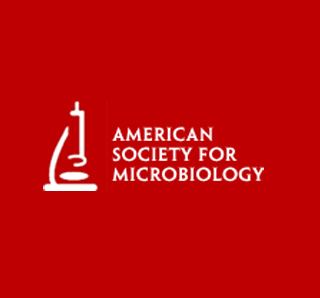
While conducting the research, scientists tested numerous strains of bifidobacteria isolated from the feces of breast-fed infants for activity against H. pylori. A strain of Bifidobacterium bifidum CECT 7366 was seemingly found. Under certain conditions this bacteria possibly had an inhibition level of almost 95 percent in vitro. Scientists focused on testing this activity against infection in mice. On completion of 21 days, mice treated with the potentially probiotic strain reportedly had significantly less ulcers than the control group.
It was pointed out that the treatment partially relieved damage to gastric tissue because of H. pylori infection. Ingestion of the bacteria apparently failed to induce any disease or mortality in both healthy and immunocompromised mice. It can therefore be concluded that the strain B. bifidum CECT 7366 seems to be an effective probiotic against H. pylori. Researchers suggest that the use of probiotics is a potentially promising tool to avert H. pylori infections.
The research is published in the February 2011 issue of the journal Applied and Environmental Microbiology.
